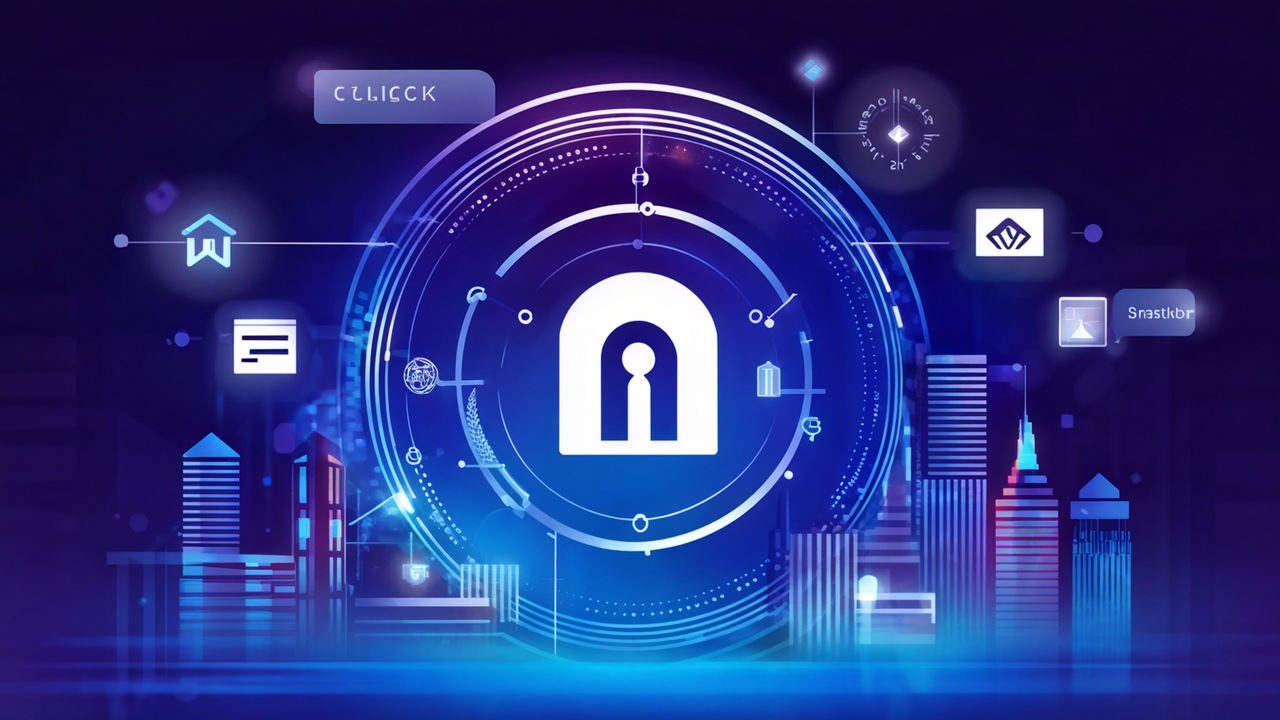Exploring Decentralized Identity: Secure, User-Centric Authentication Solutions for the Future
Introduction: Understanding Decentralized Identity
Decentralized identity is rapidly emerging as a transformative technology that empowers users to control their own digital identities without relying on centralized authorities. In a world increasingly concerned with privacy and security, decentralized identity solutions offer a user-centric approach that enhances trust and security. This article delves into the fundamentals of decentralized identity, its importance, and how it can revolutionize authentication solutions in web development.
The Problem with Centralized Identity Systems
Centralized identity systems, such as those managed by social media platforms or government agencies, often store vast amounts of sensitive data in single locations. This centralized approach makes them prime targets for hackers, leading to widespread data breaches. Additionally, users have limited control over their own data, relying on third-party entities to manage and secure their identities. These issues highlight the need for a more secure and user-centric solution—one that decentralized identity aims to provide.
How Decentralized Identity Works
Decentralized identity operates on a blockchain network, where user credentials are stored in a secure, tamper-proof manner. Each user is provided with a unique digital identity that is encrypted and stored across multiple nodes in the blockchain. This ensures that no single entity has complete control over the data, significantly reducing the risk of breaches. Additionally, users can choose what information to share and with whom, putting them back in control of their personal data.
For developers, integrating decentralized identity into their applications can significantly enhance security and user trust. By leveraging blockchain technology, developers can create applications that offer seamless, secure authentication processes without relying on traditional password-based systems.
Benefits of Decentralized Identity for Web Development
Implementing decentralized identity solutions in web development offers several key benefits. First, it enhances security by eliminating the need for centralized databases, which are often the weak link in traditional systems. Second, it empowers users to control their own data, fostering trust between users and applications. Third, decentralized identity can streamline the authentication process, making it easier and faster for users to access services.
For example, Scalable Microservices can benefit greatly from decentralized identity by allowing for secure, scalable user authentication across different components of an application. This not only improves security but also enhances the user experience by providing a more seamless login process.
Challenges in Adopting Decentralized Identity
Despite its advantages, there are challenges in adopting decentralized identity solutions. One of the primary concerns is interoperability between different systems and standards. Without a unified standard, users may find it difficult to use their decentralized identities across various platforms. Additionally, the technology is still relatively new, and many developers may lack the expertise needed to implement it effectively.
However, these challenges are being addressed as the technology matures. Initiatives like the Decentralized Identity Foundation are working towards creating standards that will make decentralized identity more accessible and interoperable. As these standards are adopted, we can expect to see a broader implementation of decentralized identity in web development.
Practical Use Cases of Decentralized Identity
Decentralized identity has practical applications across various industries. In healthcare, for example, Transformative AI and Wearable Technology (decentralized identity) can ensure secure, private access to medical records. In finance, it can facilitate secure transactions and protect against fraud. And in e-commerce, it can streamline the checkout process by securely storing and sharing payment information.
By integrating decentralized identity into their applications, developers can create more secure, user-friendly experiences that meet the growing demand for privacy and security. As the technology continues to evolve, it will likely become a standard component of web and mobile applications.
Conclusion: The Future of Decentralized Identity
Decentralized identity is poised to revolutionize how we manage and secure our digital identities. By offering a more secure, user-centric alternative to traditional identity systems, it addresses many of the challenges we face in the digital age. For web developers, embracing decentralized identity represents an opportunity to create more secure, user-friendly applications that meet the evolving needs of their users.
As the technology continues to mature, we can expect decentralized identity to become a critical component of web development. Developers who understand and implement these solutions today will be well-positioned to lead the way in the future of secure, user-centric authentication.
Discover more from Just-CO
Subscribe to get the latest posts sent to your email.




